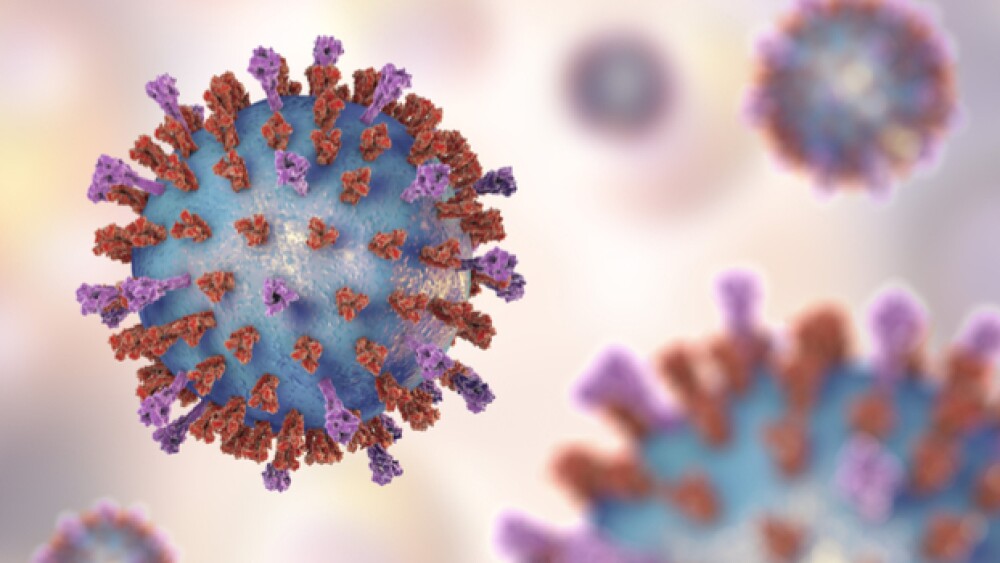Enanta Pharmaceuticals’ attempt to find an effective treatment for respiratory syncytial virus (RSV) met a roadblock after its candidate failed to meet the primary endpoint in Phase II.
Enanta Pharmaceuticals’ attempt to find an effective treatment for respiratory syncytial virus (RSV) met a roadblock after its candidate failed to meet the primary endpoint in Phase II.
The Phase IIb study evaluated the N-protein inhibitor EDP-938 versus placebo in 81 otherwise healthy adults aged 18 to 75 with community-acquired RSV. The randomized, double-blind, multi-center trial gave one group 800 mg of EDP-938 per day for five days and the other group a placebo. The participants were observed until day 14 to see if and how the drug might affect the progression of RSV infection based on symptoms.
The primary endpoint, which was the total symptom score (TSS) area under the curve from day one to 14, was not met. The therapeutic also failed to meet the secondary endpoints, which looked at the drug’s antiviral efficacy, safety and pharmacokinetics. There were some treatment-emergent-adverse events noted in 11 participants, but most of the AEs were mild and unrelated to the EDP-938. The drug’s safety profile was also consistent with previous trials.
However, it’s not a total loss for Enanta, as the drug did demonstrate some level of antiviral effect.
“While RSVP did not meet the study endpoints, we are pleased to observe a statistically significant difference in the number of subjects achieving undetectable RSV RNA at the end of treatment with EDP-938, making this the only study that has demonstrated a statistically significant antiviral effect in an otherwise healthy adult population with community-acquired RSV. The effect on RSV RNA viral load is consistent with EDP-938’s mechanism of action of inhibiting viral replication,” Jay R. Luly, president and chief executive officer of Enanta, said in a statement.
Luly added that the company is not shelving EDP-938, but instead will focus on evaluating the drug in populations with the highest risk for severe disease through its ongoing and planned clinical trials. Recruitment is in effect for Enanta’s Phase II RSVPEDs study in hospitalized and non-hospitalized pediatric RSV patients and Phase IIb RSVTx study in adult hematopoietic cell transplant recipients with acute RSV infection and upper respiratory tract infection symptoms. EDP-938 is also being considered as a combination drug with Enanta’s other antiviral candidate EDP-323 for RSV.
The search for a vaccine for RSV appears to be as challenging as for the development of a therapeutic. As of this writing, no vaccine exists to address the virus, and treatments are only supportive. RSV is not a rare disease. It is the most common cause of viral pneumonia in children and older adults, with 64 million infections and 160,000 deaths logged per year worldwide. Several major pharmaceutical firms including GSK, Pfizer, Johnson & Johnson, Sanofi and AstraZeneca are on the prowl to commercialize the first vaccine.





